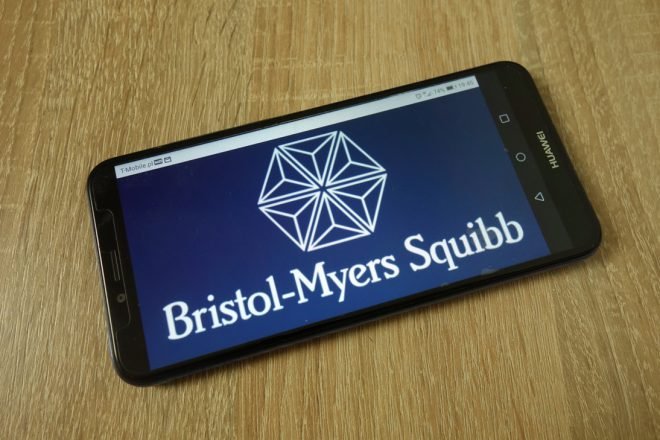Advertisment
FDA approves Opdivo as adjuvant treatment in oesophageal or gastroesophageal junction cancer – BMS

Bristol Myers Squibb announced that the FDA has approved Opdivo (nivolumab, injection for intravenous use) for the adjuvant treatment of completely resected esophageal or gastroesophageal junction (GEJ) cancer with residual pathologic disease in patients who have received neoadjuvant chemoradiotherapy (CRT). The approval is based on results from the Phase III CheckMate -577 trial that evaluated Opdivo (n=532) compared to placebo (n=262) in esophageal or GEJ cancer patients with residual pathologic disease following neoadjuvant CRT and complete resection.
In the trial, among patients who received Opdivo, median disease-free survival (DFS) was twice as long as in those who received placebo (22.4 months [95% Confidence Interval [CI]: 16.6 to 34.0] compared to 11.0 months [95% CI: 8.3 to 14.3]). Opdivo reduced the risk of disease recurrence or death by 31% compared to placebo (Hazard Ratio [HR] 0.69; 95% CI: 0.56 to 0.85; P=0.0003). In an exploratory analysis, among patients with adenocarcinoma (n=563, 70.9%), mDFS was 19.4 months (95% CI: 15.9 to 29.4) with Opdivo versus 11.1 months (95% CI: 8.3 to 16.8) with placebo (unstratified HR 0.75; 95% CI: 0.59 to 0.96), and among squamous cell carcinoma patients (n=230).
“Locally advanced esophageal and gastroesophageal junction cancers are aggressive tumor types that often require multiple approaches to address the disease, including chemotherapy, radiation and surgery,” said Ronan J. Kelly M.D., MBA., director, Baylor Scott & White Charles A. Sammons Cancer Center, and W.W. Caruth Jr. Endowed Chair of Immunology at Baylor University Medical Center. “Even after neoadjuvant CRT followed by surgery, there may be a high risk of recurrence for patients who do not achieve a pathologic complete response.In the CheckMate -577 trial, we saw a doubling in median disease-free survival compared to placebo, which suggests that Opdivo could become a new standard of care for these patients. This is exciting news, providing renewed hope.”





